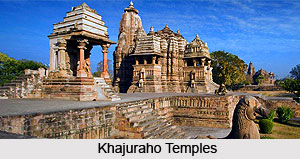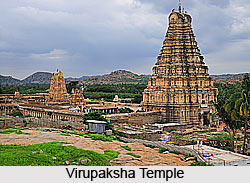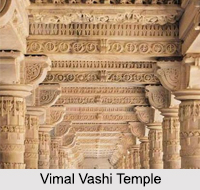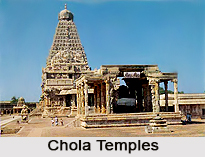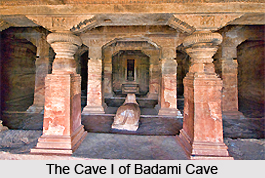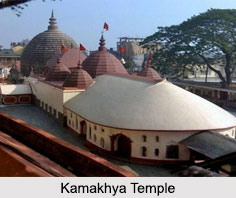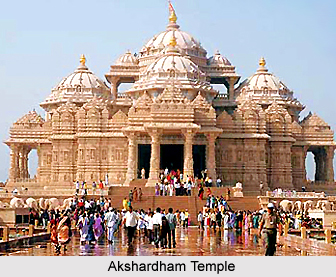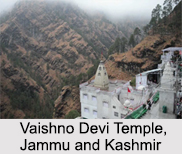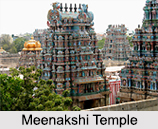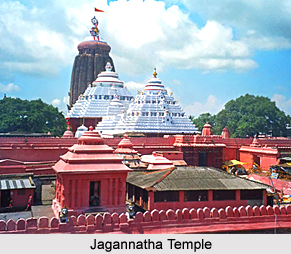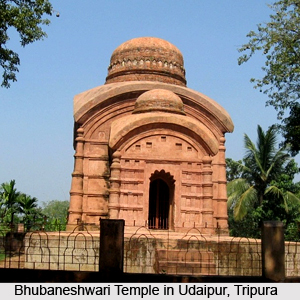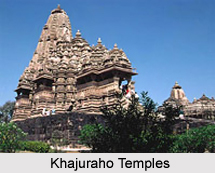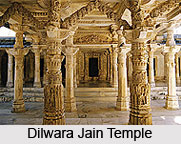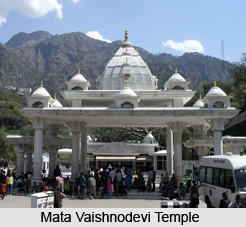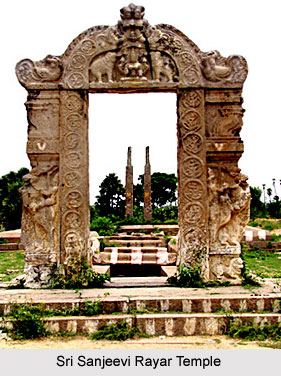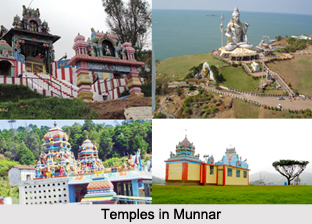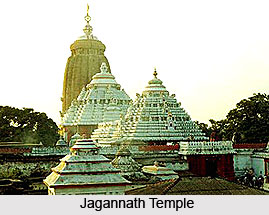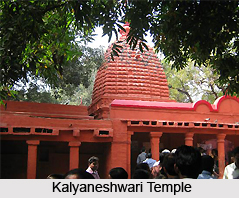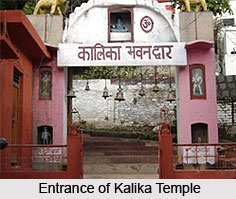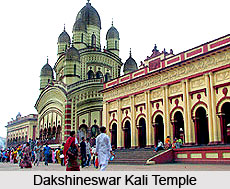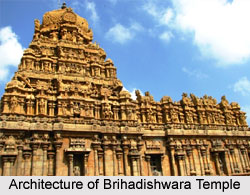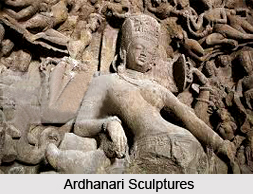 The Ardhanari Temple is situated in Mandi, Himachal Pradesh. Mandi, one of the beautiful towns of Himachal Pradesh is boasts the rare Ardhanari image with superior carvings. The right half of the stone image in the temple represents Shiva and the left half his spouse Parvati. Shiva is seen in his typical knotted hair and wearing a garland of skulls, an entwined serpent, a musical instrument in one hand and a `damru` or `drum` on the other. Parvati, on the other hand is seen wearing a diadem, a pair of earrings and a ring on the nose.
The Ardhanari Temple is situated in Mandi, Himachal Pradesh. Mandi, one of the beautiful towns of Himachal Pradesh is boasts the rare Ardhanari image with superior carvings. The right half of the stone image in the temple represents Shiva and the left half his spouse Parvati. Shiva is seen in his typical knotted hair and wearing a garland of skulls, an entwined serpent, a musical instrument in one hand and a `damru` or `drum` on the other. Parvati, on the other hand is seen wearing a diadem, a pair of earrings and a ring on the nose.
There is a slab joined to the image. On this the vehicles of the deities- the bull and the lion, are carved artistically. There are also the images of Bhairon and Hanuman. The temple consists of a cellar, porch and a mandap. The temple carvings are of high order.
History of the Ardhanari Temple
The notion of Ardhanarishvara initiated in Kushan and Greek cultures concurrently. The iconography developed in the Kushan period. In the middle of the mid-first century, Kushan era stela in the Mathura Museum has a half-male, half-female image with three additional figures recognized with Vishnu, Gaja Lakshmi and Kubera.
The male half is an urdhvalinga and makes an abhaya mudra wave and the female left half holds a mirror and has a smoothed breast. The right male half has tangled hair with a skull and semi-circular moon and the left female half has well-combed hair ornamented with flowers and wears a patra-kundala. The face has a regular third eye and a terracotta seal bared in Vaishali has half-man, half-woman features.
Representation of the Ardhanari Temple
The Ardhanari Temple signifies that the male and female beliefs are indivisible and the combination of this suggests the harmony of opposites. Ardhanari signifies the wholeness that lies beyond the duality, bi-unity of male and female along with the bi-sexuality. It transmits that God is both Shiva and Parvati which means both male and female, both father and mother, both cold and vigorous, both formidable and moderate, both negative and constructive.
Worship of the Ardhanari Temple
The temple is one of most popular iconographic appearance of Lord Shiva and his sect highlighting on the combined worship of Shiva and Parvati that may still have had a high place in Hinduism.
Ardhanari Temple can be reached by Mandi. Nearby airport is Bhuntar Airport. Visitors can a get a train to Summer Hill on normal basis in instead of Mandi.
